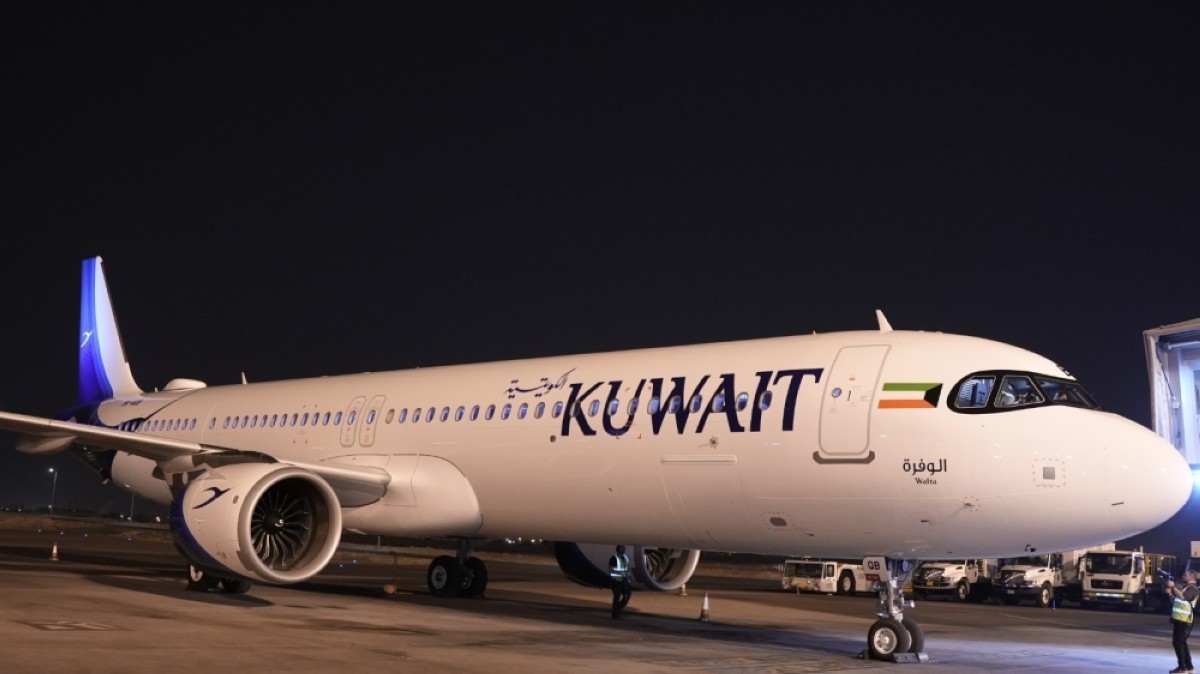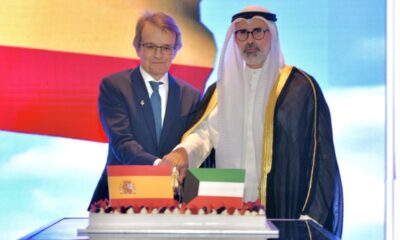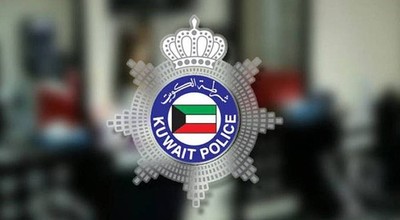KUWAIT: The opening of the third runway and the new airport watchtower on October 30 will help boost operational capacity, said an official at the Public Authority for Civil Aviation on Tuesday. In an interview with KUNA, Deputy Director General for Planning Affairs and Projects at the Public Authority for Civil Aviation Engineer Saad Al-Otaibi affirmed that the two projects were part of the authority’s plans to reinforce Kuwait’s status as a regional hub for aviation and logistic services.
He indicated that Kuwait International Airport infrastructure was entering a new phase of comprehensive development, boosting operational capacity, improving services for travelers, and increasing state income. The Civil Aviation’s four-point comprehensive development strategy focuses on improving infrastructure to better serve travelers, boosting the airport’s operational capacity, increasing income via involving the private sector in administrative projects, and training cadres and staff to handle operations according to international standards.
He revealed that current projects at Kuwait international airport included the third runway, which stretches for 4.58 kilometers, making it one of the world’s longest runways.Al-Otaibi asserted that the opening of the runway would boost air safety and increase operational capacity, adding that the new watchtower project is equipped with the latest navigational technology, allowing air traffic control to direct over 600,000 landing and take-off operations annually, leading to a boost in state income and air safety.
The new projects will provide 20,000 job opportunities for national cadres, he revealed, saying that the Future Leaders Program to train Kuwaiti youth will include this vital sector. He went on to say that involving the private sector to operate commercial facilities within the airport, such as hotels, duty-free shops, and lounges, would be good for business and operational capacity, citing the operations at Terminal 4 (T4) in 2018 as an example of success endeavor.
Regarding the Terminal 2 (T2) project, Al-Otaibi said that it was one of the grandest projects in the history of the country, affirming that it would be an important monument and integral part of the country’s development vision.Speaking on the Civil Aviation Authority law, Al-Otaibi said that it was a leap in the governance of the sector and aligned with global standards set by the International Civil Aviation Organization (ICAO), pointing out that the law separates between monitoring and operational tasks to ensure transparency and independence of operations and services.
He touched on Kuwait International Airport’s passing of the detailed security inspection by ICAO by a score of 88 percent as part of the regular and official framework set by the organization, saying that such reflected improved standards set by the Civil Aviation. — KUNA


















